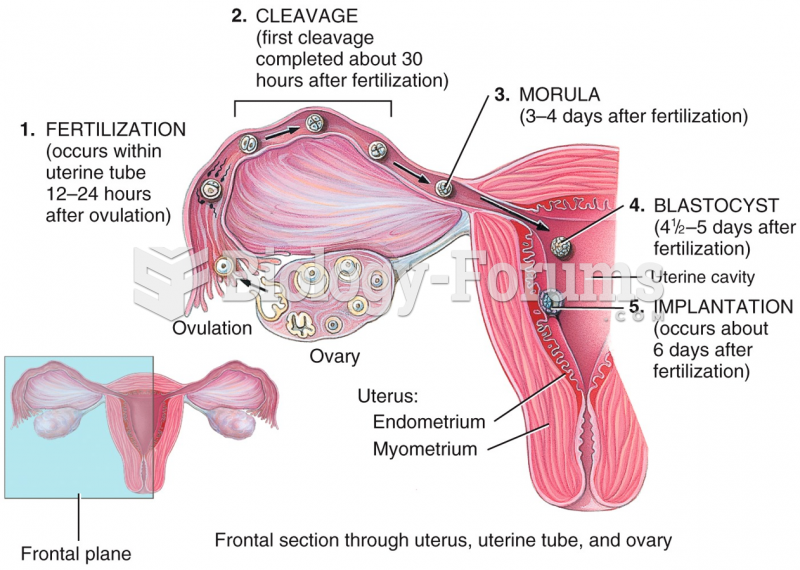|
|
|
The oldest recorded age was 122. Madame Jeanne Calment was born in France in 1875 and died in 1997. She was a vegetarian and loved olive oil, port wine, and chocolate.
Medication errors are more common among seriously ill patients than with those with minor conditions.
Pregnant women usually experience a heightened sense of smell beginning late in the first trimester. Some experts call this the body's way of protecting a pregnant woman from foods that are unsafe for the fetus.
Recent studies have shown that the number of medication errors increases in relation to the number of orders that are verified per pharmacist, per work shift.
Approximately one in three babies in the United States is now delivered by cesarean section. The number of cesarean sections in the United States has risen 46% since 1996.
 California ground squirrel (Spermophilus beecheyi) in the man-made rocky shoreline of the Berkeley M
California ground squirrel (Spermophilus beecheyi) in the man-made rocky shoreline of the Berkeley M
 Diphtheria. The bacteria that cause this disease, called Corynebacterium diphtheriae, proliferate in
Diphtheria. The bacteria that cause this disease, called Corynebacterium diphtheriae, proliferate in





